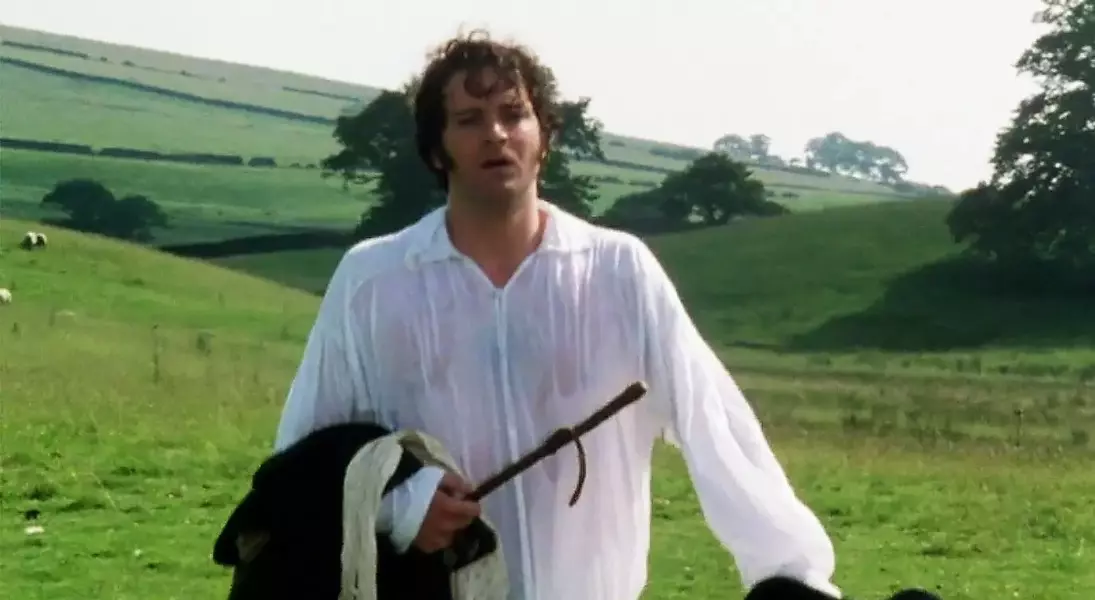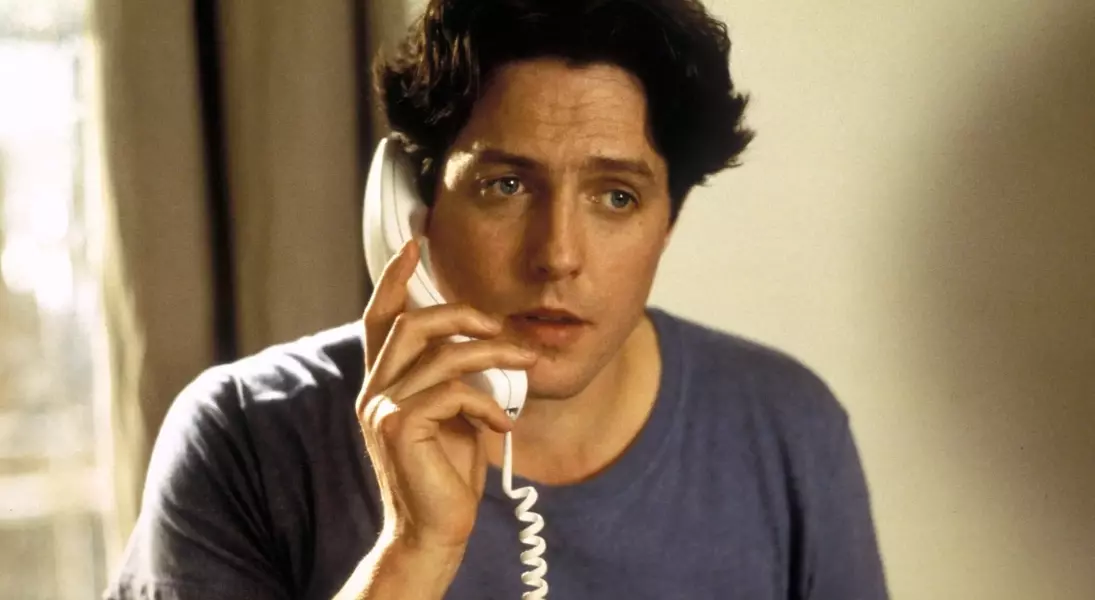




A common phenomenon sees many Americans crossing the Atlantic in pursuit of a romanticized vision of Britain, heavily influenced by popular culture. This quest for an idyllic British experience, often shaped by period dramas and modern rom-coms, frequently collides with the grittier realities of urban and social landscapes. The charming facade projected by movies and television often conceals a more complex truth, challenging the perceptions of those seeking a quaint, picture-perfect existence across the pond. This cultural pilgrimage highlights a significant disconnect between cinematic fantasy and authentic British life.
This journey of discovery, as portrayed in various accounts, reveals how deeply ingrained media-fueled stereotypes are. From the architectural nuances that redefine 'estate' from grand mansions to public housing, to the complexities of the British dating scene, these newcomers confront an environment far removed from their fictionalized ideals. The initial allure of a storybook Britain quickly gives way to an appreciation of the country's multifaceted identity, prompting a reevaluation of what it truly means to live and connect within its borders.
Unveiling the True Britain
Numerous Americans, inspired by idealized cinematic depictions of the United Kingdom, arrive with expectations of quaint charm and effortless romance, only to encounter a vastly different reality. This divergence is particularly evident in urban settings, where the romanticized 'estates' seen in films like 'Notting Hill' often translate to working-class apartment blocks with peeling paint. The glossy veneer of fictional narratives fails to prepare these hopefuls for the ordinary complexities of British life, from housing to social interactions.
The disillusionment stemming from this cultural clash extends beyond mere aesthetics, impacting personal experiences such as dating. Individuals who dreamt of finding a quintessential British sweetheart, reminiscent of characters from beloved romantic comedies, often find the dating landscape to be surprisingly challenging and distinct from their expectations. This stark contrast between aspiration and actuality compels many to reconsider their preconceived notions, ultimately leading to a deeper, albeit less glamorous, understanding of the UK's diverse and often unvarnished reality.
Beyond the Cinematic Dream
The allure of British culture, heavily filtered through the lens of popular entertainment, creates a vivid yet often misleading image for many Americans. They are drawn by the promise of historic grandeur and effortless sophistication, only to find that daily life in the UK is far more nuanced and less polished than the silver screen suggests. This journey from cinematic fantasy to tangible reality highlights a significant gap in understanding, as the charm of fictionalized Britain gives way to the practicalities and everyday challenges of living in a foreign land.
As these transatlantic migrants adjust to new customs, accents, and social norms, they invariably uncover the layers beneath the romanticized surface. The initial enchantment wanes, replaced by a more grounded appreciation of British society, including its less glamorous aspects. This process of adaptation often involves shedding idealized perceptions and embracing the authentic, sometimes challenging, facets of British life, from its diverse architecture to its unique social dynamics, ultimately fostering a more realistic and comprehensive perspective.
